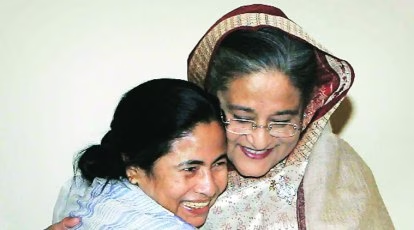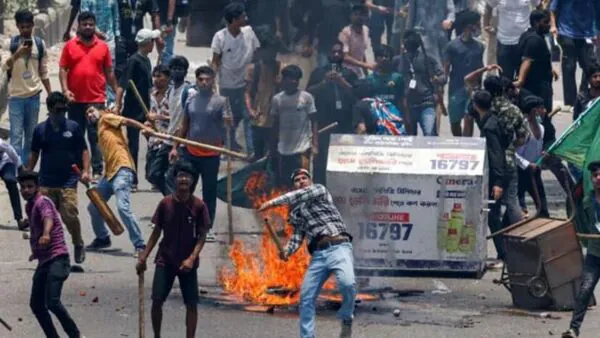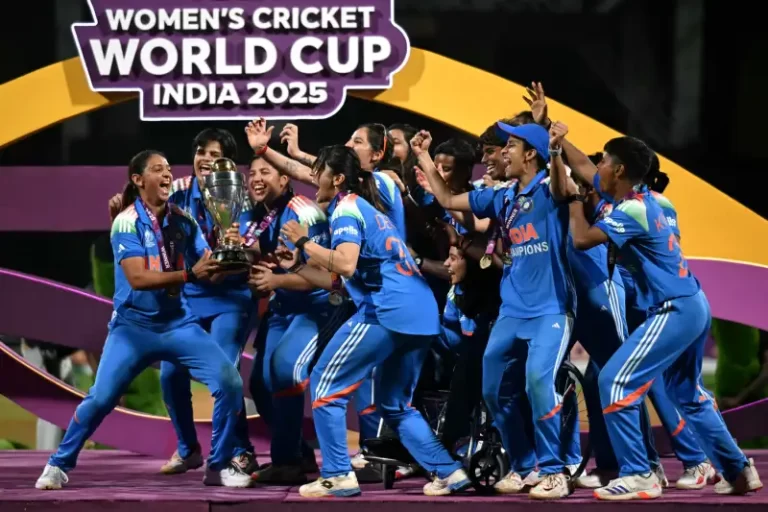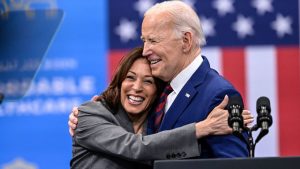At least 130 people have been killed in recent clashes in Bangladesh over student protests against quotas for government jobs. The Appellate Division of the Supreme Court has dismissed a High Court order that had sparked the crisis.
The new decision reserves 93% of government job seats for merit, leaving only 5% for freedom fighters and their descendants, with 1% each for tribes, differently-abled people, and sexual minorities.
Impact on Sheikh Hasina’s Government
These protests have come at a challenging time for Prime Minister Sheikh Hasina, who won a controversial election in January, securing her fourth consecutive term. Facing high inflation and unemployment, she sought solutions from countries like India and China to boost manufacturing sector jobs.
The agitation, alongside her harsh remarks, has created one of her biggest crises since her first term in 1996.
Origins of the Agitation
The seeds of the current protests were sown in the 2018 anti-quota movement. In March 2018, the High Court upheld the quota system, which had been in place since the 1970s.
Prime Minister Hasina’s decision to maintain quotas for the descendants of liberation war veterans, an emotional issue tied to her father, Sheikh Mujibur Rahman, triggered significant student unrest.
Government Response
In response, Prime Minister Hasina abolished all quotas through an executive order, shocking students who only sought reforms. By 2020, this decision was operational. However, on June 5, 2024, the High Court nullified this order, restoring all quotas.
The government then appealed, and the Supreme Court’s Appellate Division paused the High Court’s order, creating uncertainty and escalating student protests.
Role of the Judiciary
The Supreme Court’s intervention has been crucial. Students fear that Prime Minister Hasina might reintroduce a 30% quota for freedom fighters through either judicial or executive means, limiting merit-based job opportunities.
Hasina’s labeling of protesters as “razakars” (traitors) supporting the Pakistani military’s 1971 atrocities intensified the conflict, leading to violent confrontations with police and the Rapid Action Battalion (RAB).
Historical Context of the Freedom Fighters Quota
The quota system for freedom fighters dates back to post-1971 Bangladesh, aiming to honor those who sacrificed during the war. Over the years, the quota has been extended to women tortured by Pakistani soldiers, underrepresented sections, and ethnic minorities.
Critics argue that with dwindling numbers of freedom fighters, the quota benefits their descendants and potentially party operatives of Hasina’s Awami League, fueling opposition and the current movement.
Political Implications
The anti-quota protests reflect broader political discontent. Sheikh Hasina’s electoral victory, boycotted by the opposition Bangladesh Nationalist Party (BNP), is seen by critics as lacking legitimacy.
The Awami League’s support for the freedom fighters’ quota is perceived as a strategy to secure loyal bureaucratic support, perpetuating their rule. The Supreme Court’s recent decision to cut the freedom fighters’ quota to 5% suggests a step back to address students’ concerns.
There are discussions about creating a more representative quota system, but it remains uncertain if Hasina will engage with opposition parties involved in the protests.
West Bengal’s Stance

West Bengal Chief Minister Mamata Banerjee has expressed her willingness to provide shelter to individuals from Bangladesh seeking refuge amidst the ongoing protests. Highlighting her good relationship with Prime Minister Sheikh Hasina, Banerjee indicated that both leaders could discuss the situation to find a peaceful resolution.
She emphasized her compassion and sympathy for those affected by the violence and urged others not to comment on Bangladesh’s internal matters to avoid provocation. Banerjee’s offer of assistance aligns with her humanitarian stance and underscores the regional implications of the unrest in Bangladesh.
Future Prospects
As the protests continue, the government’s response and the judicial proceedings will shape the outcome. The situation remains fluid, with the potential for further violence or resolution through dialogue.
The crisis highlights the ongoing challenges in balancing historical legacies with contemporary demands for meritocracy and inclusive governance in Bangladesh.
With regional leaders like Mamata Banerjee advocating for a rather friendly approach, there is hope for a peaceful resolution that addresses the concerns of all stakeholders involved.





